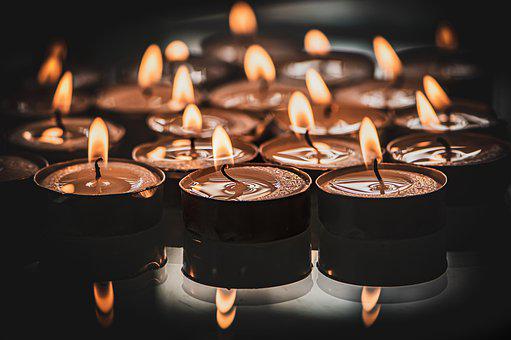It was in 1988 that the life of the British writer, of Indian origin, changed. That year, he released his fourth novel: Satanic Verses. The story of this book is complex and mixes many elements, both based on real facts rather than fiction. It earned its author the Whitbread Prize, formerly the Costa Prize, one of England’s most prestigious literary prizes.
But this novel also, and above all, earned him the issuance of a death fatwa. A fatwa is, in Islam, a legal opinion issued by a specialist in Islamic law. In this case, the opinion is that of killing, of manhunt, and the specialist in Islamic law is Ayatollah Khomeini, the leader of Iran from 1979 who advocates an application strict Sharia law.
A story between reality and fiction
This book is the cross path of two characters, Gibreel Farishta and Saladin Chamcha. The first is an Indian film actor, who loses faith following illness and decides to go to England. The second, Saladin Chamcha, is also Indian but has a British passport. Above all, he wants settle in England. These two characters confront each other when they find themselves on a flight to London. They are the only survivors of a terrorist attack.
This episode refers to a real attack, the one against an Air India plane in 1985. The two protagonists manage to reach a beach, unscathed from the accident. The police, who find them, consider them illegal immigrants. Saladin Chamcha is violently arrested while Gibreel Farishta gets out of it and does not show any desire to help the other man. Thus the relationship between the two men is created.
The origin of the fatwa
But it is not these passages that earned Salman Rushdie the death fatwa notice issued against him. During dreams of Gibreel Farishta’s character, essential narrative elements in the book, the story of an imam exiled from a country who returns at the end of a revolution is set. He would come back to take power and dominate his peoplean obvious allusion to Ayatollah Khomeini.
Indeed, the latter was exiled from Iran and returned in 1989 when the revolution entered the victorious phase. He will therefore present himself as the next leader of the country, first as “leader of the revolution in Iran” then as “supreme spiritual leader”. The parallel drawn in the book, and the portrait drawn from the character inspired by the Ayatollah, is the main cause of the death fatwa.
The title of the book, an important vector of hatred
Another part of the book is the source of the violence unleashed against Salman Rushdie. The title of the book refers to a hypothetical episode in the life of the Prophet Muhammad, which takes place during other dreams of Gibreel Farishta. In this legendary episode in the life of the prophet, he tries to establish monotheism in Mecca, but is confronted with the polytheists of the city.
In Salman Rushdie’s novel, this episode tells that the prophet, here named Mahound, an alternative and pejorative figure of Muhammad, recites verses authorizing other deities than the only God of Islam, before retracting. These verses, supposedly inspired by the devil, would be the sign of abandonment to polytheism, calling into question the divine uniqueness, the most important dogma of Islam. This episode in the life of the prophet is called preaching satanic verses and is the origin of the title.
But other passages are also at the origin of demonstrations or bans in Pakistan as in India. The themes addressed such as faith, religious fanaticism, racism, political excesses and the will to change country, culture to integrate another will serve as a pretext for the Islamist world to attack the writer, ban his book, organize large-scale demonstrations or even issue a death fatwa against him.
Attack against Salman Rushdie: why his book “The Satanic Verses” earned him a death fatwa

